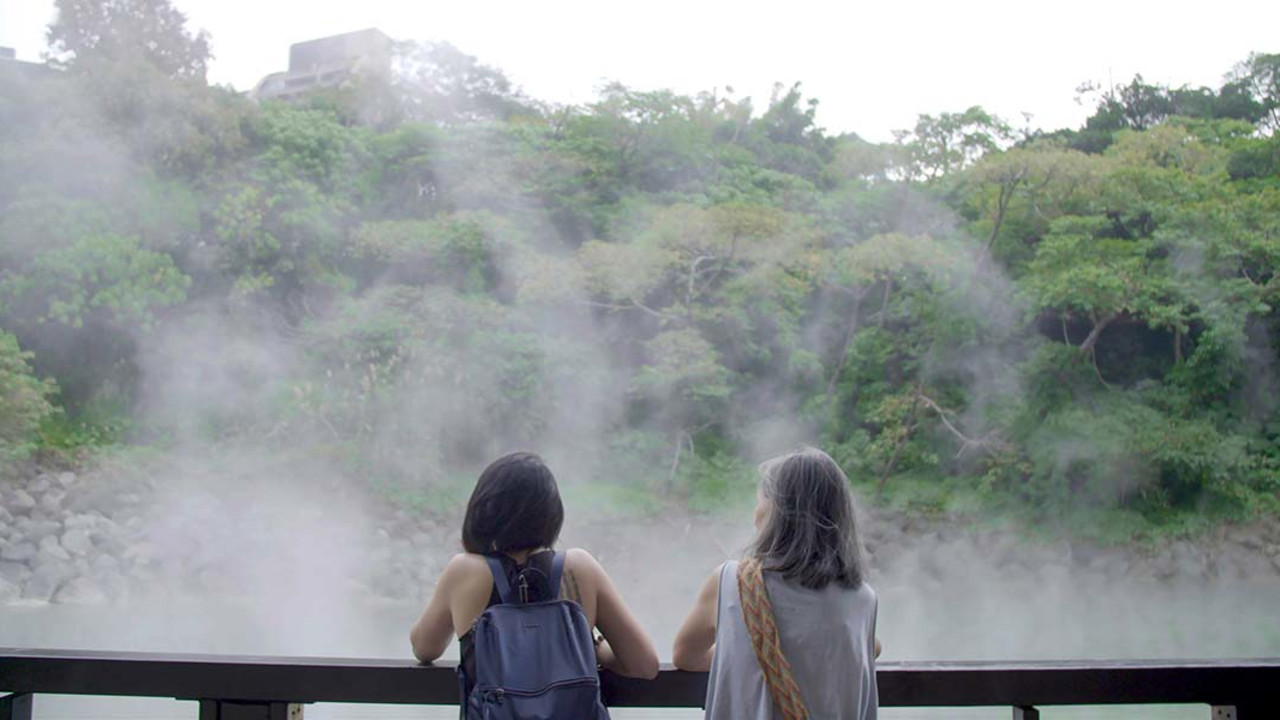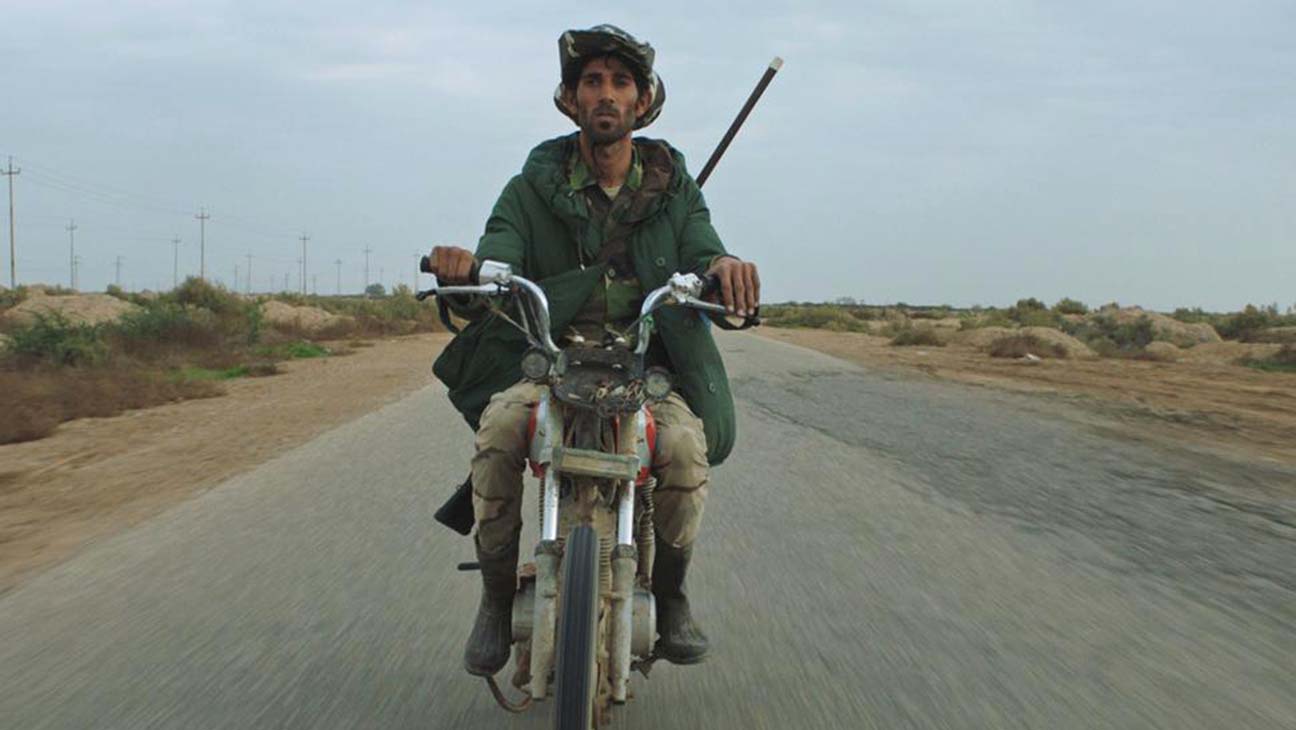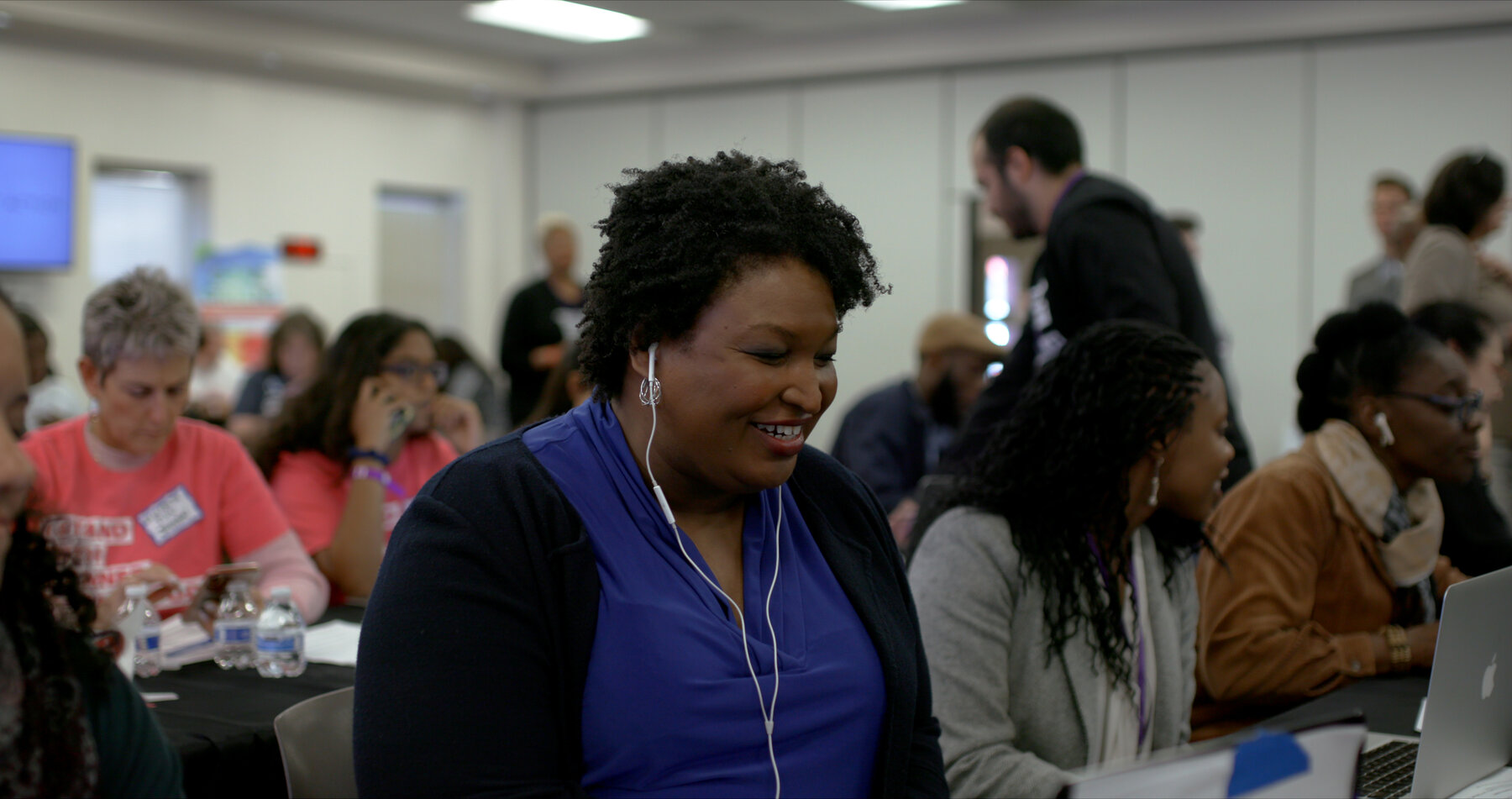Tiffany Hsiung brings a story 15 years in the making back home with Sing Me a Lullaby. Hsiung’s short doc, which premieres this week at the Toronto International Film Festival, is a deeply personal work. It’s the story of her mother’s search for answers about the birth parents in Taiwan who gave her up years ago. Hsiung, then only a student in film school, appears in the film as her rebellious 21-year-old self and is determined to bring her mother closure. With little more than a camera, the young Hsiung embarked on a journey that would open wounds and heal others, transforming a family in the process of crafting a years-in-the-making film.
Sing Me a Lullaby is also a personal film for anyone who has seen the Toronto filmmaker’s work. The film has obvious parallels with Hsiung’s breakthrough 2016 feature documentary The Apology. That award-winning film, still one of the best this reviewer has ever seen at Hot Docs, told the story of three “grandmothers”—Gil, Cao, and Adela—as they sought an apology from the Japanese government for brutal crimes of sexual violence committed against them during the war. The Apology resonates deeply with Lullaby’s themes of silence and shame, as well as the quest for truth between mothers and daughters. These themes underscore Hsiung’s recent short film The Bassinet in which she poignantly confronted her own anxieties of motherhood while reflecting upon her family’s habit of staying silent to escape shame.
POV spoke with Hsiung ahead of the world premiere of Sing Me a Lullaby to discuss her years-in-the-making project, its intersections with The Apology, and bringing a personal story full circle.
POV: Pat Mullen
TH: Tiffany Hsiung
This interview has been edited for brevity and clarity.
POV: Take me back to 2005. What was going through your mind when your mother first opened up about her story and when you set off for Taipei?
TH: I had known about my mother’s adoption and that my grandmother wasn’t my biological grandmother when I was an adolescent. Things started clicking for me, like the way my mother found her place in the family. Her demeanor started making a lot of sense. My mom would share tidbits of memories, like, “I don’t remember ever seeing daylight while I was a child.” Or she would say things like, “I remember that I have siblings.” Her last memory of them was being locked up in a cell with her father and her siblings.
Over the years, memories would turn into imaginations. During my second or third year of film school, I had a summer break. That’s when I said that enough is enough and that we should go figure out all these answers. Everyone was apprehensive at the time. No one took me seriously. Which is fine. That’s good.
POV: Why the apprehension?
TH: Even if it wasn’t possible to find my mother’s family, maybe the film would engage in a conversation that my mother would have with her adopted family. They just don’t talk about it. You don’t talk about the things that are uncomfortable and that’s a very traditional thing among Chinese families and East Asian families. My films The Apology and Sing Me a Lullaby feed into one another. When I started Sing Me a Lullaby early on in 2005 and slowly into 2006, I realized what I had opened up. I thought that I had done something wrong. I thought, “This is why people don’t talk about the difficult thing.” People say the truth sets you free. I would say a very Western notion is that the truth will set you free. What if it brings you pain?
My mother thought her family had all split up and that her father gave her up because they were too poor. She had created her own memory that it was a sacrifice from the father. That’s the type of memory people create in order to survive.
POV: This film and The Apology deal directly with questions of silence and shame. The Bassinet has the line about “swallowing the bitter,” so how have these films changed your relationship with silence?
TH: grew up witnessing the silence and the “swallowing the bitter,” the act of harboring shame. I saw what staying silent looked like in my own mother, and my own personal experience with sexual violence. When you live through that long enough, you realize the repercussions of it. I think that is why I gravitated towards being a filmmaker, specifically, a documentary filmmaker— to be able to create platforms. The Apology was was my first [feature] and having that privilege and opportunity to document our elders as they shared their stories unearthed what shame and silence looks like on an 80-year-old women.
The Apology began by building relationships with the grandmothers and spending so much time with them and their community. With The Bassinet, it’s very personal. It was about how I couldn’t come out and how I’m expected to be grateful that I’m not ostracizing the family. Why would I bring up more trouble? That’s what I grew up with, the idea that “let’s not stir the boat any further.” With The Bassinet, it was like repeating patterns. It’s an ongoing process… the bassinet currently lives in storage. All during this time, Sing Me a Lullaby has been a film that I knew I needed to finish. But it was really hard to get to that place. I needed to finish making The Apology and to go through my personal exercise with The Bassinet. The feed into each other, even though I started Sing Me a Lullaby before any of these other films.
POV: How did the projects feed off one another?
TH: The beauty of it is that people use The Apology or The Bassinet to have that conversation within their own families. The Apology that did that for me too. Grandma Cao and her daughter live in China in the small village. I gravitated to their story because it resembled so much of my mother’s story. Her daughter knew nothing about her adoption. She had no idea why her mother adopted her. In China back then, to adopt a daughter was very rare. Through the three or four years with The Apology, she slowly understood that her mother adopted her because she had two babies while she was at the comfort station [where women were held as sex slaves during the war] and had to kill both of those children in order to survive. In many ways, it brought them closer.
POV: How did seeing that relationship effect your relationship with your mother?
TH: It brought me back to Sing Me a Lullaby and my mother’s relationship to her biological mother. I saw her experience immense sadness, but also love to know that the sacrifice her mother made, because now she’s a parent herself. It was after 2006 and around 2007 that everyone started reuniting. It’s bittersweet in many ways. That’s why I never stopped talking about it, but documented more of what was happening. Eventually I took a pause and then started filming The Apology. That film taught me another layer of lessons around the importance of knowing difficult stories. It reinvigorated me to go back, pick up the camera, and start asking her those questions. That was back in 2013 when I was filming The Apology and building relationships with the grandmothers.
POV: Were there times when it was difficult to juggle both films?
TH: There was a difficult phone call. My mother asked me to fly back with her to Taiwan because my grandmother had suffered a stroke. We didn’t know if she would make it. I was planning to fly back and, at the same time, I got a phone call from the Philippines saying that Lola Adela was in the hospital and she was asking me to come back. I said that I was first going to go to Taiwan with my mom, and then fly to the Philippines. I had my camera with me because I was already heading to the Philippines to see Adela. While at the hospital with my mother and my grandmother, the story started coming out in layers, details, and photographs. For the first time, I saw my mother genuinely happy around her biological siblings and feeling at home. I think that people gather during times of mourning or times of pain and come together. By the time I got to the Philippines, though, I was two days too late. Lola Adela had passed away. That fed into everything.
POV: Grandma Adela’s death is such a powerful moment in The Apology, so what was it like to see her unable to find closure before her death at the same time your mother was looking for closure of her own?
TH: The passing of Lola Adela was the moment where I thought I couldn’t finish The Apology. I felt deep sadness that she wouldn’t have that resolution not just with the government, but also with her children. She had been carrying that weight for over eight decades of shame and silence. I wish and hope for my mother and for my own family—for myself as well—that we speak up before it’s too late. But at the same time, it helped me understand that I still have time with my mother. I still have time to have that relationship with her.
POV: It seems as if you could have blended the stories together into one film because there are obvious parallels. Can you talk a bit about keeping them separate?
TH: I’m in so much of the footage for The Apology, and was just the natural process. We had a close relationship, so I was behind the camera and in front of the camera. But the decision not to blend the two stories together came towards the editing process. Either people could experience the grandmothers’ story through me, or they could have their own experience with the grandmothers themselves. I had enough footage, context, and access so that people could have their own relationships without me being a vessel. If I had the opportunity to bring the grandmothers’ story in a one-on-one capacity and could let people have that intimate access, then that’s what the grandmothers deserved. That decision was made with my incredible team and the guidance of incredible editors and producers.
POV: I went back through interviews you did when The Apology played Hot Docs, and I didn’t find a mention of this story. It seems like the sort of nugget that filmmakers would throw while talking about their work.
TH: When you start mentioning your personal story, people focus on that. They don’t focus on the grandmothers. Time was running out for the grandmothers. Since making the film, we lost Grandma Cao and Grandma Gil’s dementia has worsened. The last time I saw her, she didn’t remember who I was and she was feeding me dumplings. The worst thing is to cry and eat dumplings. I was heartbroken. We traveled the world together. But she knew I was familiar to her. While making The Apology, I felt lots of guilt. I lost my adoptive grandmother. I was about to take off for the last year of filming and my grandmother had just celebrated her 100th birthday. 10 days later, she got sick and I had to cancel my flight to Korea. I stayed with her at the hospital. The last day that I was supposed to fly, my flight was rebooked. I fell asleep next to her and she took her last breath.
I would mention my own personal story about finding my own grandmother, but for the most part, I kept it focused to the grandmothers and to the matter of sexual violence against women. I wanted that at the forefront when people read about this story.
POV: This film is like your Boyhood in a way. How was it watching 15 years’ worth of footage and seeing yourself grow up over those years?
TH: It took me over a decade to look at the footage I shot in 2005. It was like this weird Truman Show case of looking back at 21-year-old Tiffany with that hair—the shaved head!—and those outfits. I did video diaries with The Apology because I did them with Sing me a Lullaby. I did video journals after every day. I was rebellious in those videos. Sometimes we need to embrace the fact that being young, carefree, rebellious, and lacking the life experience of heartache can get you to take that plunge, like traveling halfway across the world. I needed to be 21-year-old Tiffany and that’s where I made peace with the footage. There’s one video journal where I’m speaking to myself in the future. It’s so trippy. It was like, “Tiffany, if you’re watching this right now, do not ever forget that no matter how hard things are, as long as your intentions are true, you will get to the finishing line.”
POV: What advice would you give to 21-year-old Tiffany now, or other filmmakers embarking on new projects?
TH: Trust in the process. You can’t rush it. Every time you do rush it, it comes back and bites you. Once you surrender to the footage and let the story guide you, then you feel at peace with it. One thing that benefited us with Sing Me a Lullaby was that I got to finish it during like the lockdown. There were no distractions. I had an opportunity to face what I was doing and make peace with it. When you’re making such a personal film and you are delving into lots of footage that are vulnerable to both yourself and your family, you need to surrender to that.
Sing Me a Lullaby premiered at TIFF 2020 and is now streaming via CBC Short Docs and CBC Gem.












